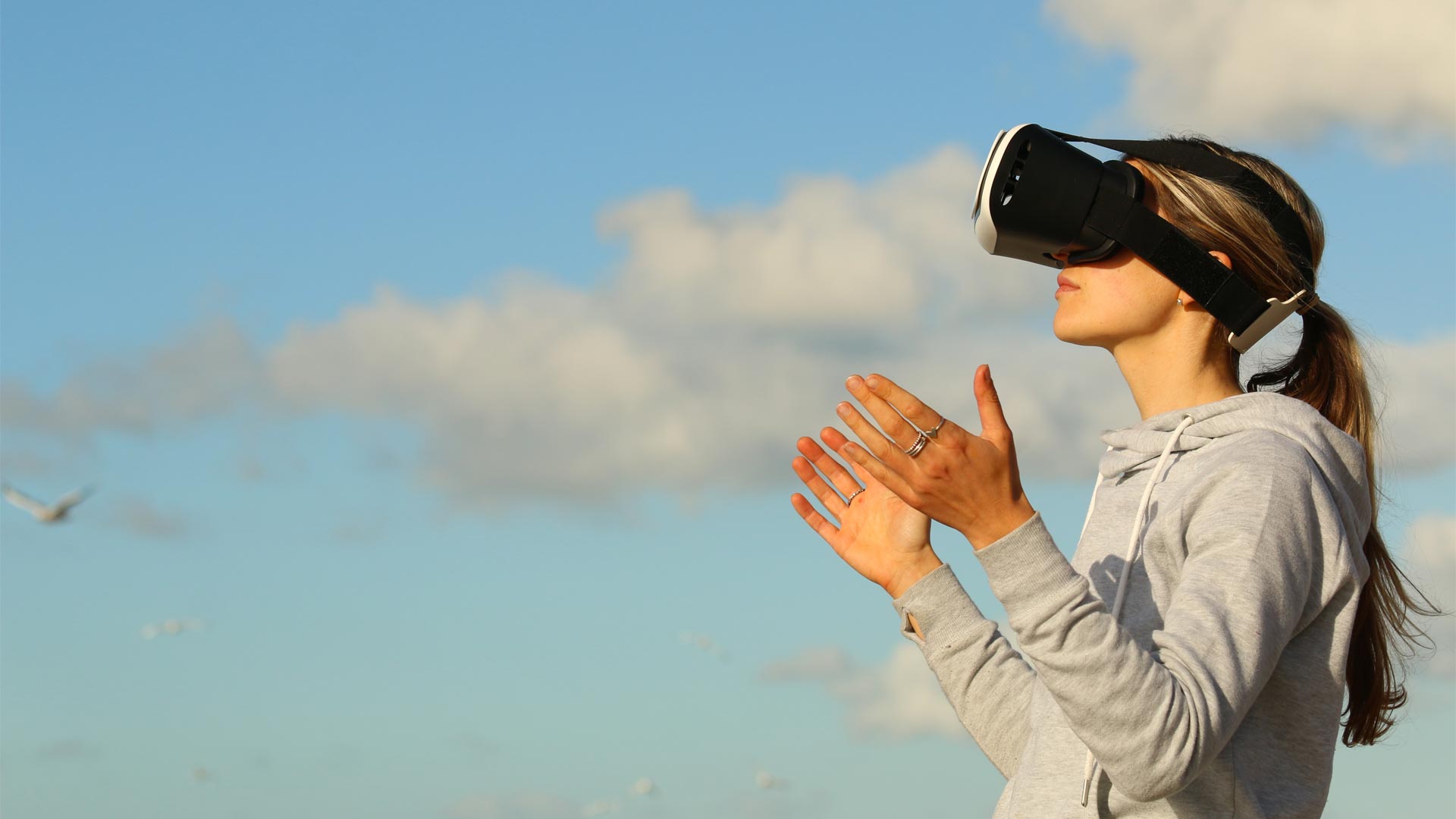Last November, the U.S. Department of Education launched the EdSim Challenge, a competition for, according to its website, “next-generation educational simulations that strengthen career and technical skills.”
The 2016 blog post announcing the challenge noted that research supports the idea that simulations can help students with “information retention, engagement, skills acquisition, and learning outcomes.” By providing real-world experiences in an environment that’s similar to an actual business or other environment, simulations can make training more impactful. Thanks to new technologies like virtual reality (VR) and 360° video, simulations are becoming more and more realistic.
Last week, the EdSim judges selected five finalists, each of whom will receive $50,000 (one grand prize winner will receive $430,000).
Case Western Reserve University
Case Western was selected as a finalist for its project “Holographic Anatomy to Transform Healthcare Learning,” described in the EdSim press release as “a digital alternative to cadaver-based dissection, teaching medical anatomy using Microsoft HoloLens.”
Embodied Labs
Embodied Labs creates immersive VR experiences for health care soft skills training. It was selected as a finalist for the Alfred Lab, a live-action, seven-minute, 360° video with computer-generated interactive objects. The video, according to founder and CEO Carrie Shaw, helps learners understand their patients better.
“The medium of virtual reality,” she says, “is really unique, because you can create new worlds for people to experience … that they otherwise could never experience.” Medical educators have used the Alfred Lab over the past year to help doctors “think critically about assessing the whole patient,” because they’ve experienced life from the patient’s perspective.
Octothorpe LLC
Octothorpe LLC is a game developer nominated for its project “The Irregular: A Mystery at Baker Street,” a mystery-solving game using VR. Matt Anderson, design director at Octothorpe, said in an email that the project “takes a loved universe and explores methods for teaching soft skills needed for STEM fields, like deductive reasoning.” According to the company’s website, it’s the first episode in a possible series of mystery games.
Osso VR
Another medical training company, Osso VR, is a finalist. Its orthopedic surgical training platform provides learners with “an unparalleled level of accuracy and realism to any surgical procedure,” according to its website. In an email, CEO and co-founder Justin Barad said that the apprenticeship model for surgical education has remained unchanged, even with increasing health care and training costs. Therefore, VR provides “an incredible opportunity to address these obstacles and disrupt this ancient paradigm to speed up surgical training, decrease costs, and improve patient safety.”
Smart Sparrow
The fifth finalist, Smart Sparrow, was honored for its LifeCraft project, which uses VR to help high school students and first-year students at universities and community colleges “explore and construct the story of life on Earth,” according to an email from Jacqui Hayes, product manager.
Hayes says that VR enables learners to learn “profound (and often difficult to grasp) concepts in a powerfully visual, interactive, and engaging way.” Using immersive technologies means that learners can build mental models and make connections among different concepts.
According to the 70:20:10 Model for Learning and Development, 70 percent of learners’ knowledge is acquired through on-the-job experiences. VR can help tap into that experiential learning by providing job simulations that seem real. The EdSim Challenge finalists demonstrate the breadth of topics and audiences VR can support, from high school students to professionals. Regardless of who’s using the technology and why, it’s clear that immersive simulations will continue to make an impact on learning.








